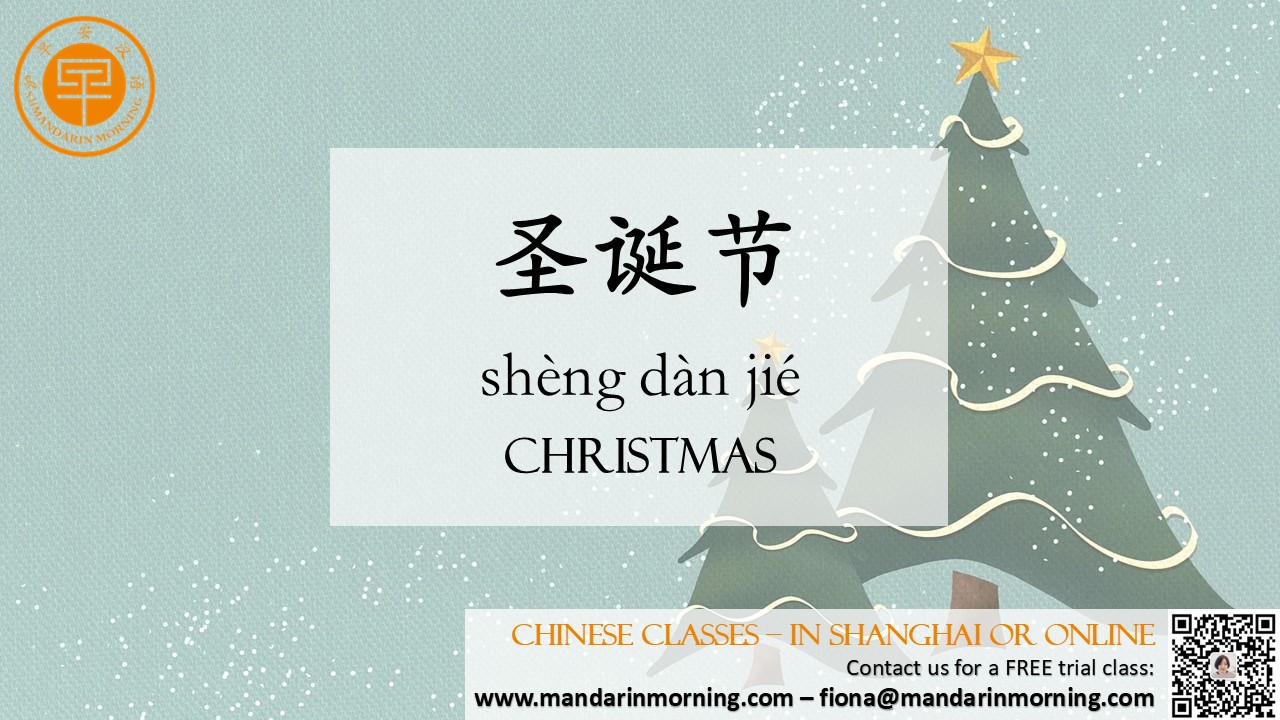Today, we're going to explore how Christmas is celebrated in China. Although Christmas (圣诞节, Shèngdànjié) is not a public holiday in China, it has become increasingly popular, especially among young people and in urban areas. In China, Christmas is often seen as a time for shopping and socializing. The festive season begins with the advent of December, and the atmosphere is filled with joy and anticipation. Decorations (装饰, Zhuāngshì) such as Christmas trees (圣诞树, Shèngdànshù), lights (彩灯, Cǎidēng), and ornaments (装饰品, Zhuāngshìpǐn) can be seen in shopping malls, hotels, and public spaces. One of the most significant aspects of Christmas in China is gift-giving (送礼物, sòng lǐwù). It's a time when friends, family, and colleagues exchange presents, often wrapped in festive paper (包装纸, Bāozhuāngzhǐ). Apples (苹果, Píngguǒ) are particularly popular gifts during this time because the word for "Christmas Eve" (平安夜, Píng'ānyè) sounds similar to "peaceful night" and "apple" in Chinese, symbolizing wishes for peace and safety. Another highlight of Christmas in China is the dining experience. Many people choose to dine out at restaurants (餐厅, Cāntīng), which often offer special Christmas menus (菜单, Càidān) featuring both Chinese and Western cuisine. It's common to see a mix of traditional Chinese dishes and Western favorites like turkey (火鸡, Huǒjī) and Christmas pudding (圣诞布丁, Shèngdàn bùdīng). Lastly, Santa Claus (圣诞老人, Shèngdàn lǎorén) is a beloved figure in China, and children often write letters to him, hoping to receive gifts. The image of Santa Claus is a symbol of generosity and the spirit of giving. In conclusion, Christmas in China is a unique blend of Western traditions and Chinese customs. It's a time for merriment, gift-giving, and enjoying the company of loved ones. As you celebrate this festive season, whether in China or elsewhere, may you find joy and warmth in the company of family and friends. Merry Christmas (圣诞快乐, Shèngdàn kuàilè)! |